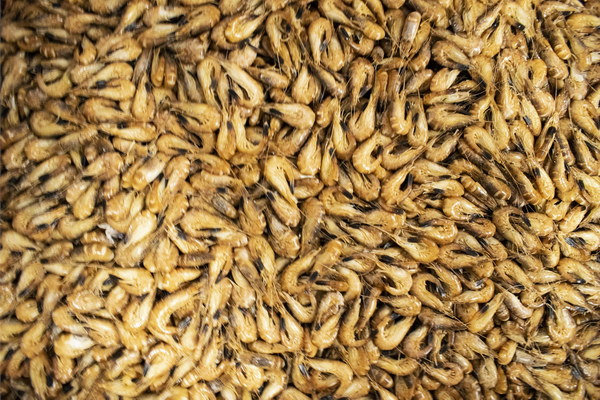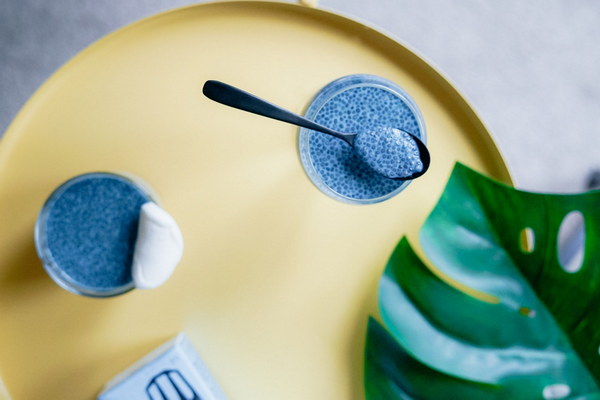Is Nourishing the Spleen More Important Than Ever for Those with Weak Qi and Blood
In traditional Chinese medicine (TCM), the concept of Qi and blood is central to understanding the body's overall health. Qi, often translated as vital energy, is believed to flow through the body and maintain the proper functioning of organs. Blood, on the other hand, is considered the substance that nourishes the body and mind. When either Qi or blood is deficient, it can lead to various health issues. The question arises: is it more crucial to focus on nourishing the spleen for those with weak Qi and blood?

The spleen plays a vital role in TCM, as it is responsible for transforming the food we eat into usable nutrients, generating Qi, and maintaining the quality of blood. This makes the spleen a key organ in the body's energy and blood production. When the spleen is weakened, it can lead to a decrease in Qi and blood, exacerbating the symptoms of Qi and blood deficiency.
Firstly, let's understand why the spleen is so crucial in the context of Qi and blood deficiency. The spleen is often referred to as the transformer in TCM, as it converts the essence of food into Qi and blood. If the spleen is not functioning properly, it can result in poor digestion, malabsorption of nutrients, and a subsequent decrease in Qi and blood production. This can manifest as fatigue, weakness, lack of energy, pale complexion, and other signs of Qi and blood deficiency.
In TCM, nourishing the spleen is considered a fundamental approach to treating Qi and blood deficiency. By addressing the root cause of the imbalance, which is often a weakened spleen, individuals can experience improvements in their overall health. Here are some key strategies for nurturing the spleen:
1. Diet: A balanced diet rich in nutrients is essential for supporting the spleen. Foods that are beneficial for the spleen include sweet potatoes, millet, rice, red beans, and lean meats. Avoiding cold, raw, and overly processed foods can also help maintain a healthy spleen.
2. Acupuncture: Acupuncture can be used to stimulate the spleen and improve its function. By inserting fine needles at specific points on the body, acupuncturists can help balance the body's Qi and blood, and support the spleen's role in generating and maintaining these vital substances.
3. Herbs: Certain herbs are traditionally used in TCM to strengthen the spleen and support Qi and blood production. Some popular herbs include astragalus (huang qi), codonopsis (dang shen), and ginseng (ren shen). These herbs can be taken in the form of teas, powders, or capsules under the guidance of a qualified TCM practitioner.
4. Lifestyle: Maintaining a healthy lifestyle is crucial for supporting the spleen. Regular exercise, adequate sleep, and stress management can all contribute to a well-functioning spleen. Avoiding excessive alcohol consumption, smoking, and other harmful habits can also help preserve the spleen's health.
In conclusion, it is indeed crucial to focus on nourishing the spleen for individuals with weak Qi and blood. By addressing the root cause of the imbalance, TCM offers a holistic approach to improve overall health and well-being. While other methods may also be beneficial, such as herbal remedies, acupuncture, and lifestyle changes, prioritizing the health of the spleen can lead to significant improvements in the quality of life for those experiencing Qi and blood deficiency.









